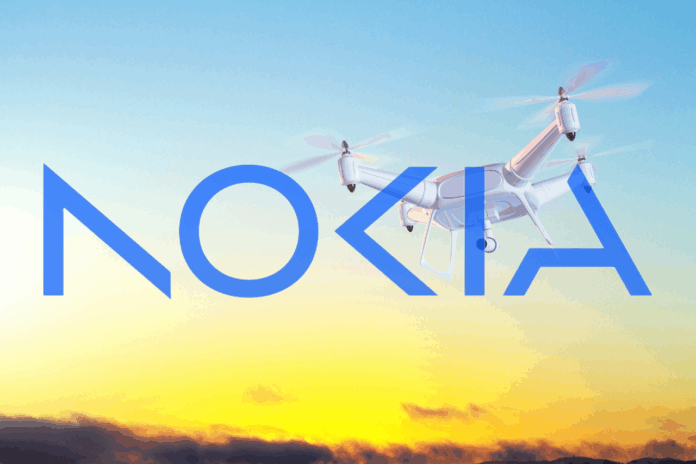With Nvidia, Saab and Leonardo onboard, the Nokia-led Proactif project targets autonomous infrastructure protection across energy, transport and telecom
Nokia has been selected to lead a major European Union-funded initiative aimed at using drones and robotics to monitor and protect critical infrastructure across the continent. The three-year project, called Proactif, brings together 43 organizations across 13 countries.
The effort is backed by the EU’s Chips Joint Undertaking, a funding framework designed to advance Europe’s semiconductor and digital capabilities. Notably, the program includes participation from non-EU countries, including Israel.
Nokia will coordinate a consortium that includes global tech firms like Nvidia, aerospace and defense giants Safran, Leonardo and Saab, alongside startups, universities and public agencies. The goal is to develop a new generation of unmanned vehicles and systems capable of providing real-time situational awareness and automated inspections of key assets such as power grids, railways, ports and telecom infrastructure.
According to Nokia, the consortium will develop nine technology building blocks and five drone and robotic platforms equipped with advanced radar, lidar and optical sensors. The systems will be capable of autonomous operations and remote deployment, tailored to both routine infrastructure inspection and emergency response. “The use of UxV technologies enables a more holistic understanding of an incident’s location and severity, as well as comprehensive situational awareness, through frequent and efficient sensor data gathering,” Nokia stated.
Economic and strategic goals
Beyond the technology, the Proactif project is also intended to deliver concrete economic outcomes. By 2035, it aims to:
- Generate more than €90 million (approximately $97 million) in revenue
- Launch 50+ new products
- Secure 15+ new patents
- Spur €40 million (approximately $43.5 million) in follow-on investments
- Create hundreds of skilled jobs across Europe
The EU has increasingly emphasized strategic autonomy in advanced technologies, particularly in response to global supply chain volatility and regional security risks. The Proactif project taps into these ambitions, promising to build homegrown capabilities in surveillance, automation, and AI-powered analytics.
While the project is currently focused on civil applications, such as energy infrastructure and public safety, Nokia did not rule out future military relevance, with Eder telling Reuters (when directly asked) that it’s possible that the technology could also support defense missions.

